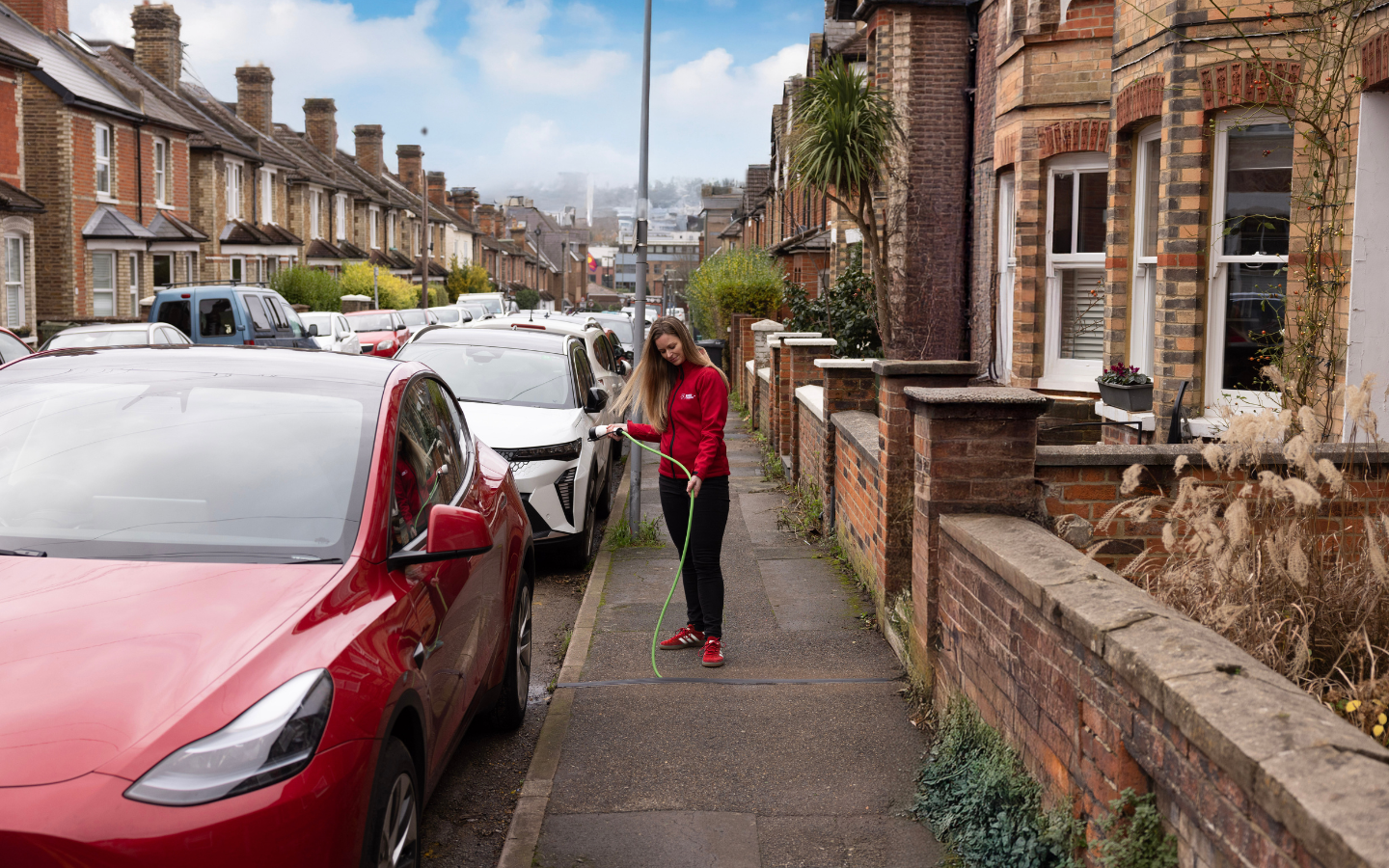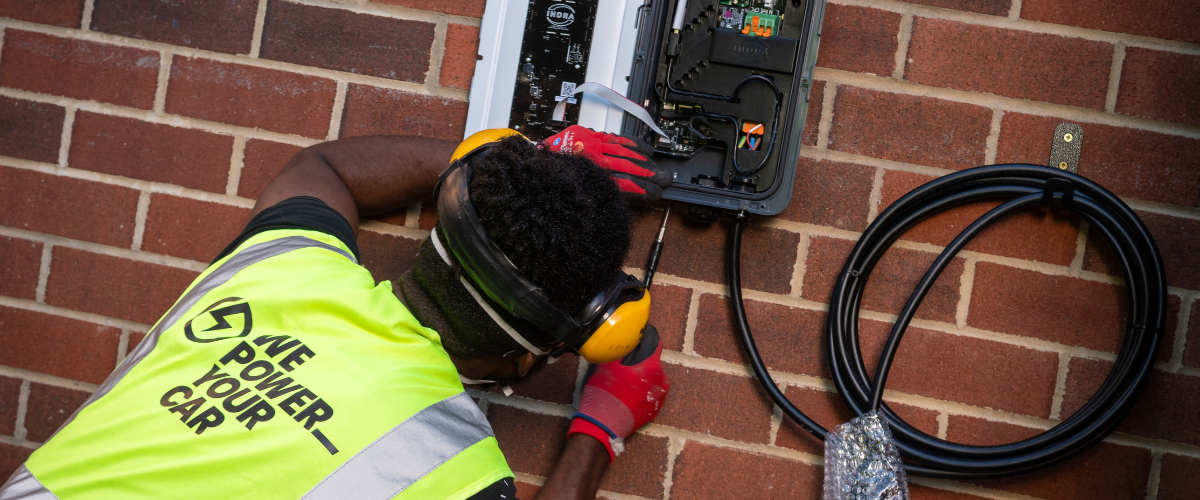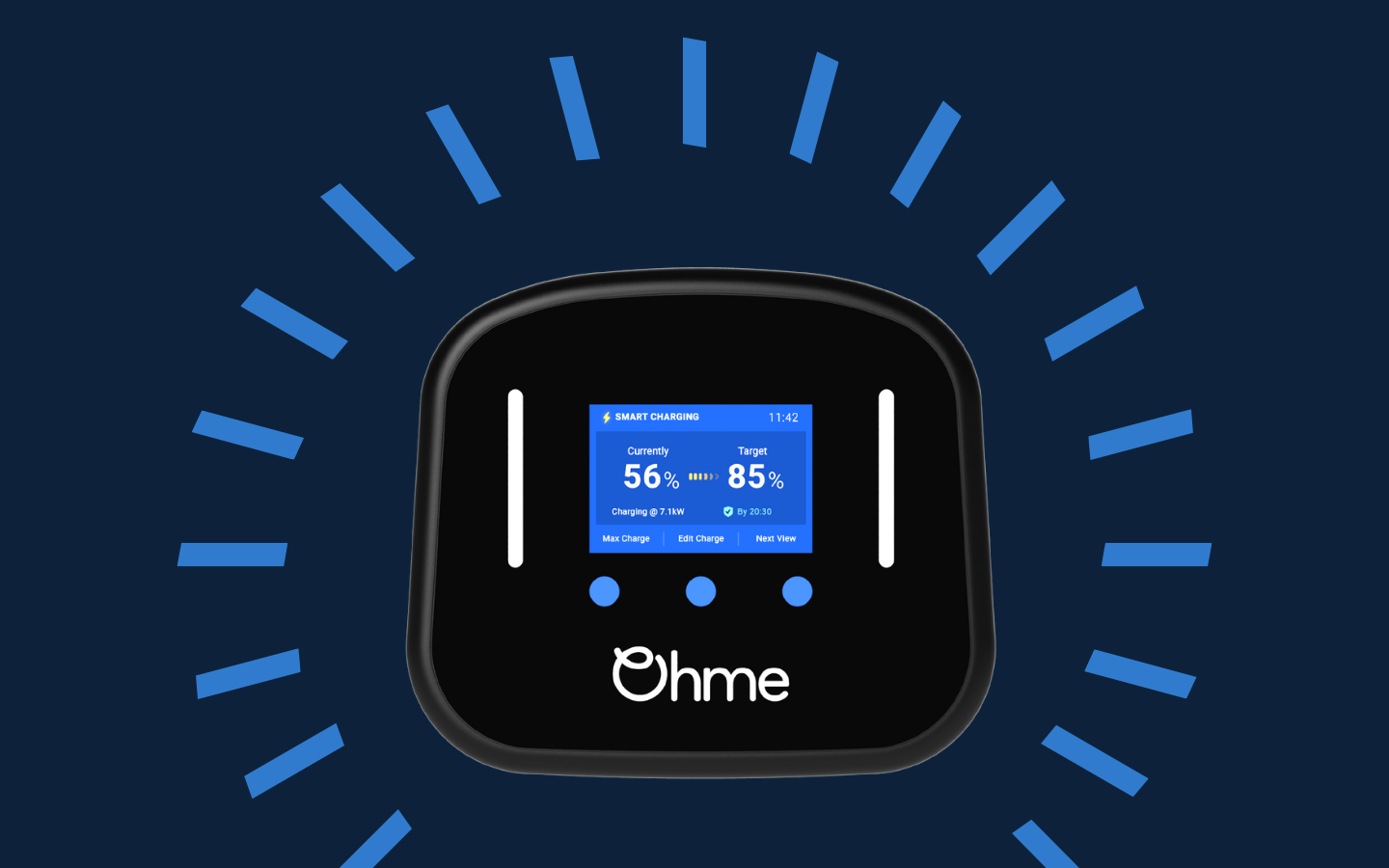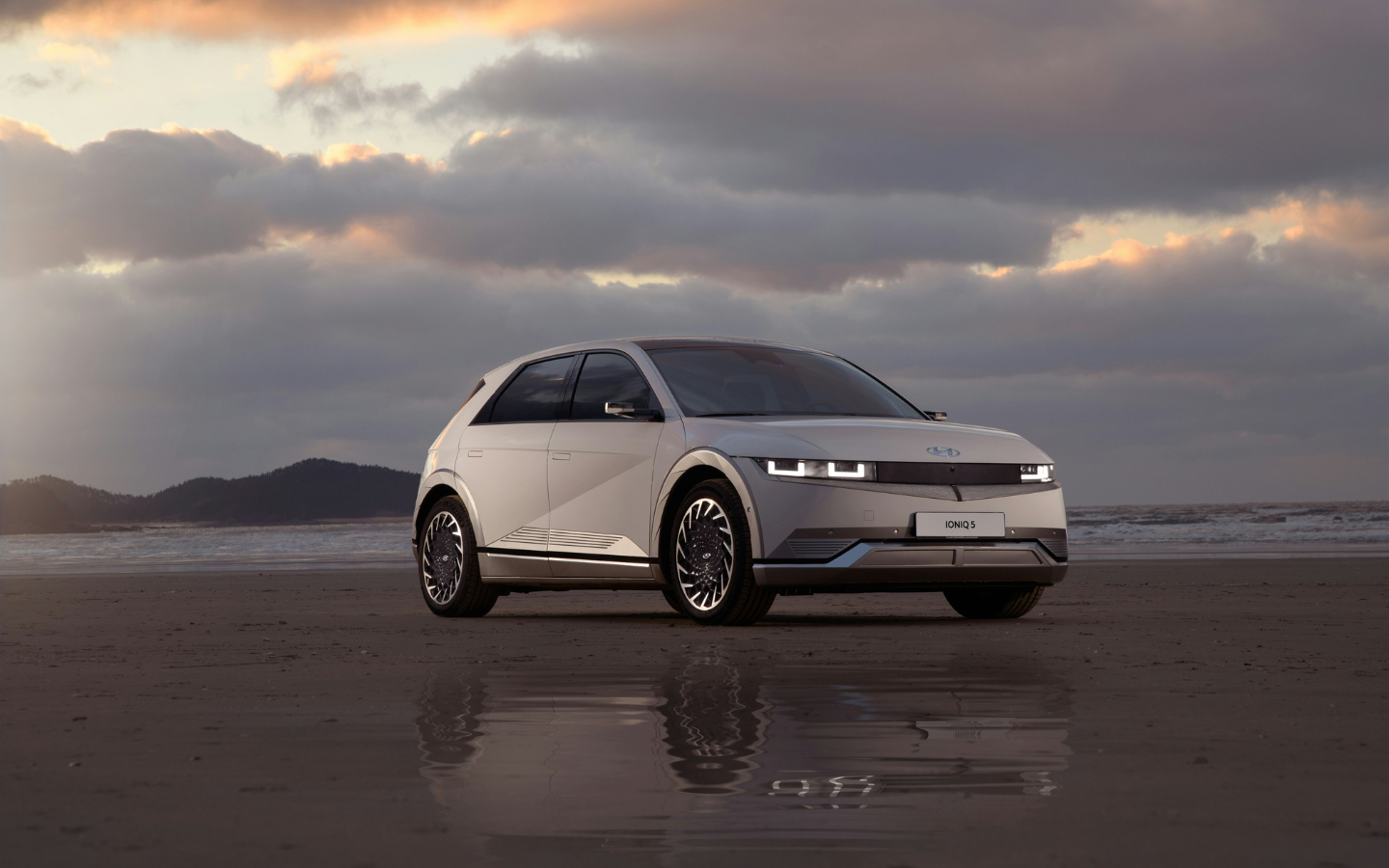

EV Chargers Availability Concerns: Myths vs Reality
Reading this, it’s no surprise that range anxiety, coupled with the newly coined charge anxiety, is feeding into the EV charger availability concerns, and collectively, forming a psychological barrier to electric vehicle (EV) adoption.
But we are here to finally put the record straight. With recent data, loaded facts and our own experience in the electric car industry, we end the plague of fears and frets surrounding EV charging point availability, quantity and quality.
Let’s get into why EV charger availability concerns are a thing of the past, dive deeper into the UK EV charger rollout, and explain why electric cars are your future.
1. The number of EV charging points
Cast your mind back a decade, and think: How often did you see an EV charging point? Maybe a lone green and white Pod Point at a Tesco supermarket, or perhaps a bulky blue and green BP pulse charging station resting on a motorway service edge?
Once in a blue moon, realistically.
In fact, it’s unlikely you would have found public chargers as freely as you do now with the EV transition well underway.
Because those days of scouring the earth for public charging infrastructure are long gone.
Now, the number of readily available EV charging points is in the thousands, widespread, North to South, East to West, and continuously growing. Currently, there are 88,513 charge points in the UK, including high-powered rapid charging points and ultra-rapid chargers.
Plus, the number of public charging networks is ever-expanding, too. Larger, fancier EV charging hubs have emerged, including names like GRIDSERVE.
Find them anywhere: homes, workplaces, supermarkets, schools, motorways, restaurants and more. Like tree roots, wires in the ground and charging cables out, EV charging stations are spreading wild and free into British soil.
In fact, the ratio of petrol stations and charging points has shifted. Now, EV charging points surpass the number of petrol stations. 4 times over.
To make it even easier, use must-have EV car apps to quickly find your nearest charger. Some of our personal favourites include Octopus Electroverse and Zap-Map.
With all this in mind, try not to worry about the availability of EV chargers. They are easy to find and spread far and wide.
Plus, each year, the number of EV charging points grows. Take, for instance, how from July 2024, the number of EV chargers grew by 27%. We estimate that by the ban on new petrol and diesel cars in 2030, the number of EV chargers will be in the hundreds of thousands.
The government is serious about developing the charging network, too, to support this projection. For the UK EV charger rollout, £1.6 billion has been injected to boost infrastructure, with the hopes of meeting 300,000 public EV charging points by 2030. In fact, in the recent Autumn Budget, the government announced a further £1.3 billion into the Electric Car Grant, extending it until 2030
2. Average range against average journey length
According to the UK government, 99% of car journeys in England are under 100 miles. The average range of an electric car? 290 miles. That’s two weeks’ worth of driving, according to Autotrader.
Put simply, the worry about not finding an electric vehicle charger is overblown in the media. As shown above, there are thousands of available chargers at your disposal. But the reality is you won’t need to top up your EV nearly as often as you might fear for most drivers.
Of course, if you are constantly on the roads, for business or pleasure, there is a solution. Check out an electric car with a longer range instead.
These are some great contenders from WhatCar?:
- The Mercedes CLA – 484 miles.
- Audi A6 e-tron – 464 miles
- Polestar 3 – 438 miles
Alternatively, find our complete list of the longest range electric cars in the UK in our guide.
And that’s not to mention the rapidly developing EV technology. New data showcases a record-breaking EV with a range of 745. Imagine all the new EV models that will be introduced with even longer ranges.
3. Home electric car charging
Uneven geographical distribution of EV chargers is a large and ballooning concern. Worse for EV drivers out in the sticks; think small, rural villages with only a local post office as their main shop or gargantuan houses down long, windy roads in the countryside.
Of course, we’re not going to lie – public charging points are limited in these areas compared to the wide distribution across cities and larger towns with multiple supermarkets, offices and other larger buildings with high footfall.
But one way to defeat this, and the fear of the lack of EV charging points in general, is by investing in a home electric car charger. And this isn’t just for those in rural areas; any electric car driver can significantly benefit from home charging. But the EV charger availability concerns are almost squashed by the investment in a home EV charger.
Have your own EV charging station on your doorstep and plug in when you want. No queues. Lower prices. No stress.
As a matter of fact, you can combine an EV tariff and your home charger and charge for a few pence during off-peak hours. For one, 7p per kWh with the Intelligent Octopus Go. Or two, 6.9p per kWh with the E.on EV tariff.
4. On-street charging points
Another anxiety when it comes to EV chargers availability concerns is the curse of on-street parking. Until recently, EV drivers without driveways struggled to charge at home.
Part of this is how a part of the installation process for on-street chargers is the requirement for planning permission, such as the Kerbo Charge, ChargeArm or other cross pavement gullies.
But this is changing.
As a matter of fact, the UK government is putting power in the hands of local authorities and councils by funding the rollout of on-street electric vehicle infrastructure. Take Suffolk, for example: the council injected £5.9 million to spark a county-wide charge point makeover, developing on-street charging points in the form of charge gullies.
Pilot schemes are already underway, too, and if given the green light, you’ll find EV charging points in kerb stones, lamp-posts and through pavements.
Soon, more drivers will be able to top up their EVs right outside their front doors, opening up a new world of charging and adding to the availability of EV chargers.
Summary:
With the rapid growth of EV charging points, the average range of an EV against the average journey length, increasing EV range, home electric car chargers, and the continued expansion of on-street charging infrastructure, EV chargers availability concerns in the UK should be dramatically easing now, and will soon be a thought on the wind as technology and infrastructure scale up.
Get your home EV charger now and shrink any EV charger availability concerns.
As a nationwide EV charger installer, we can supply and install electric vehicle chargers across the UK – all with first-class customer service from our DBS-checked, experienced and accredited engineers.
Don’t believe us? Check out our 2,000 reviews; we’ve earned a 4.9 ‘Excellent’ rating.
Ready to take charge? Browse our market-leading range of electric car chargers, get your free EV charger and installation quote below, or dive into our guide on the best home EV chargers 2026 to help make informed decision on which charger to choose.
Alternatively, discover the world of EV chargers and EV charger installation in our ultimate guide.
















